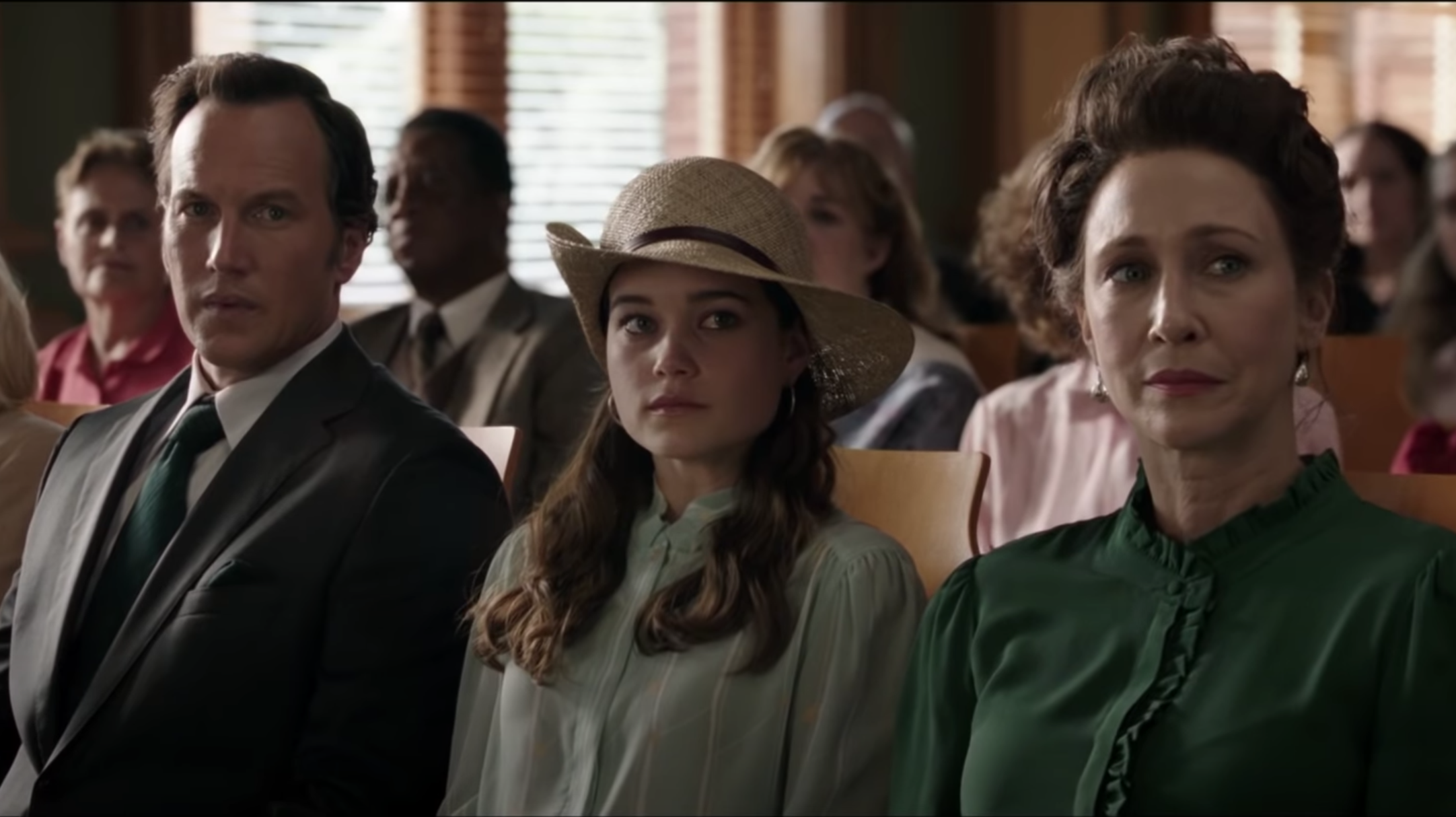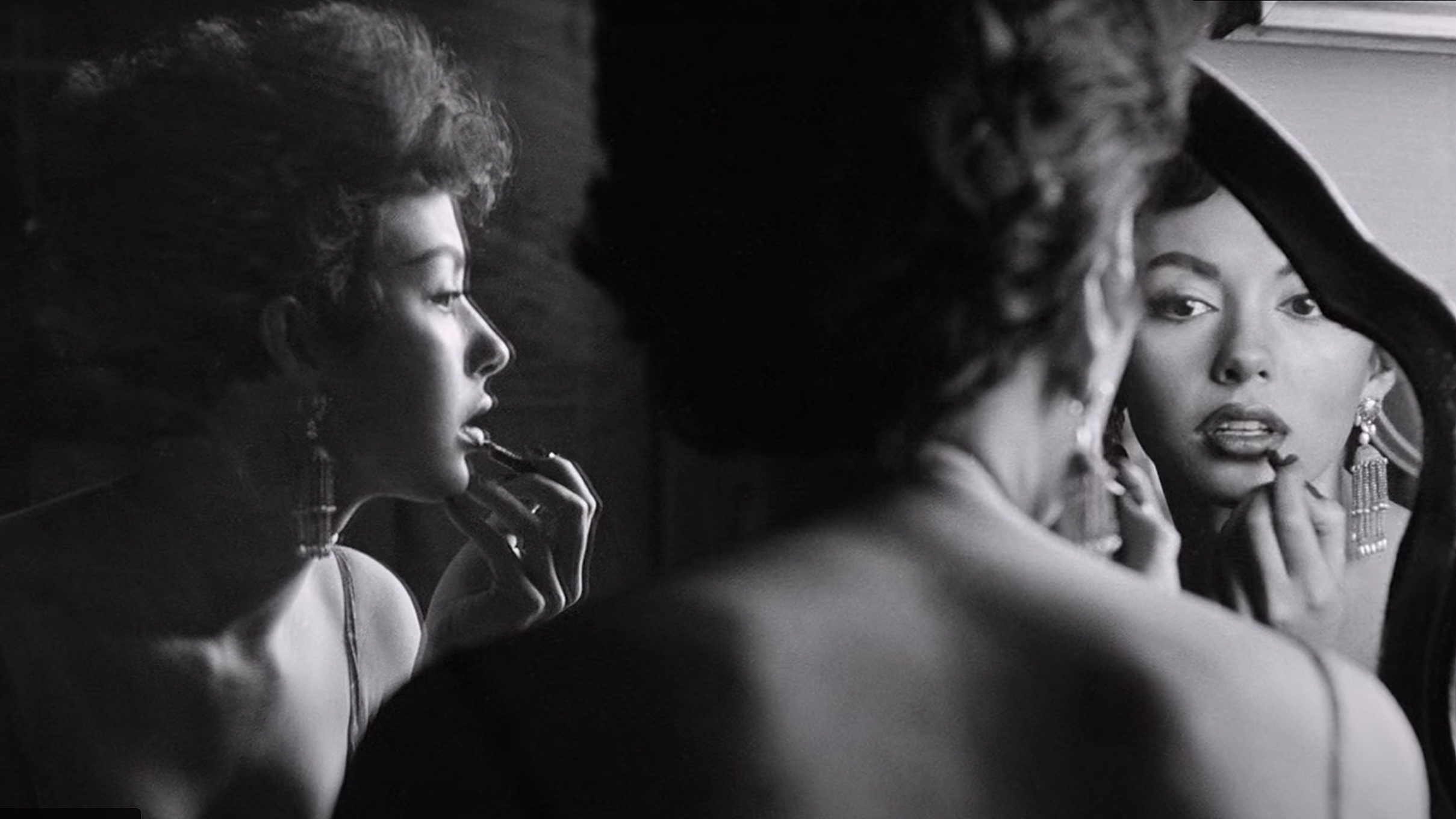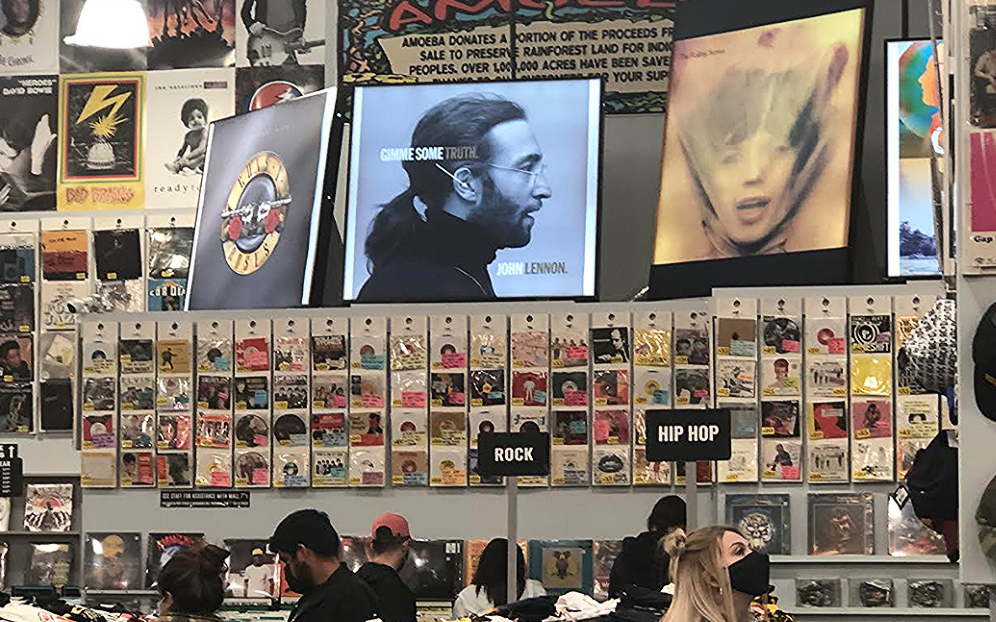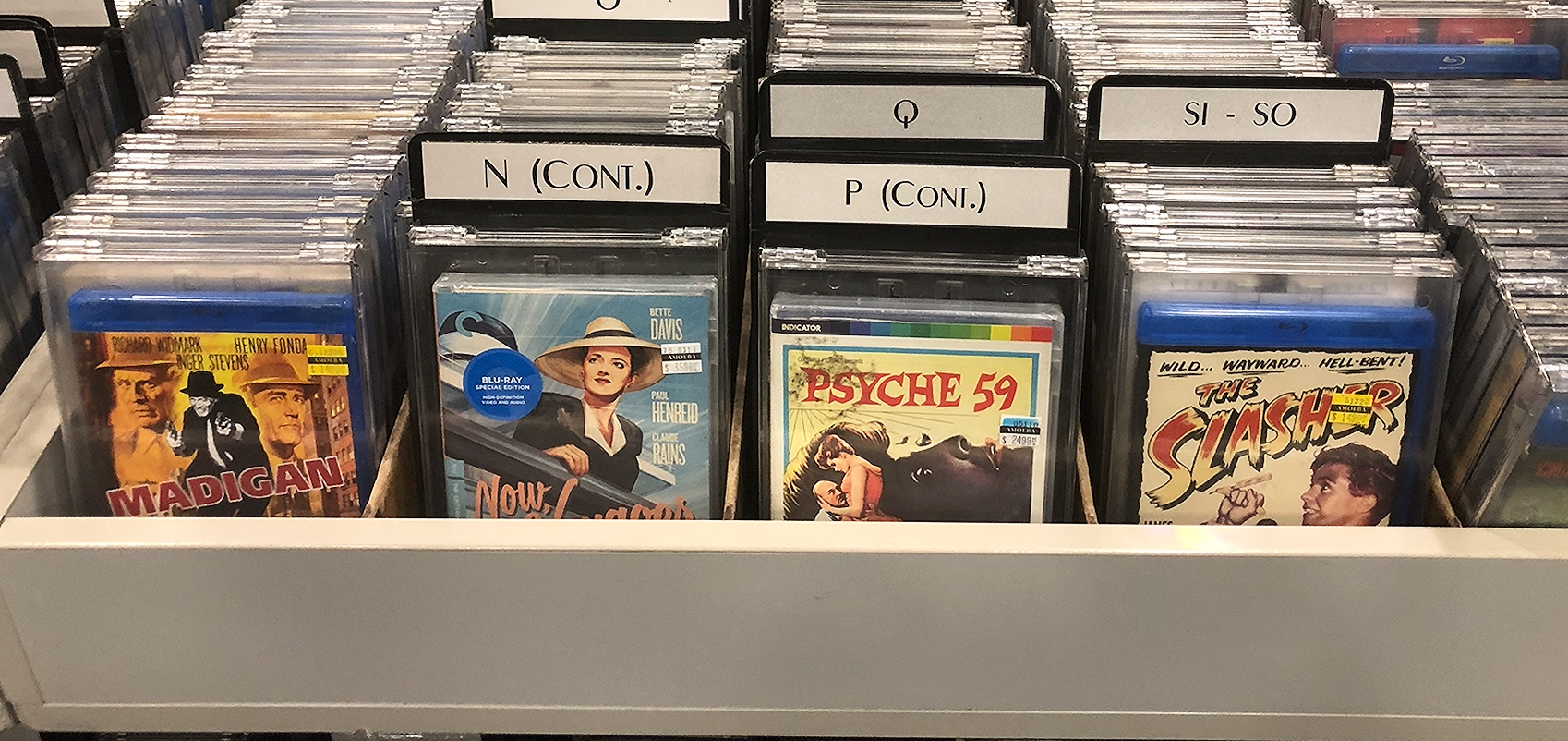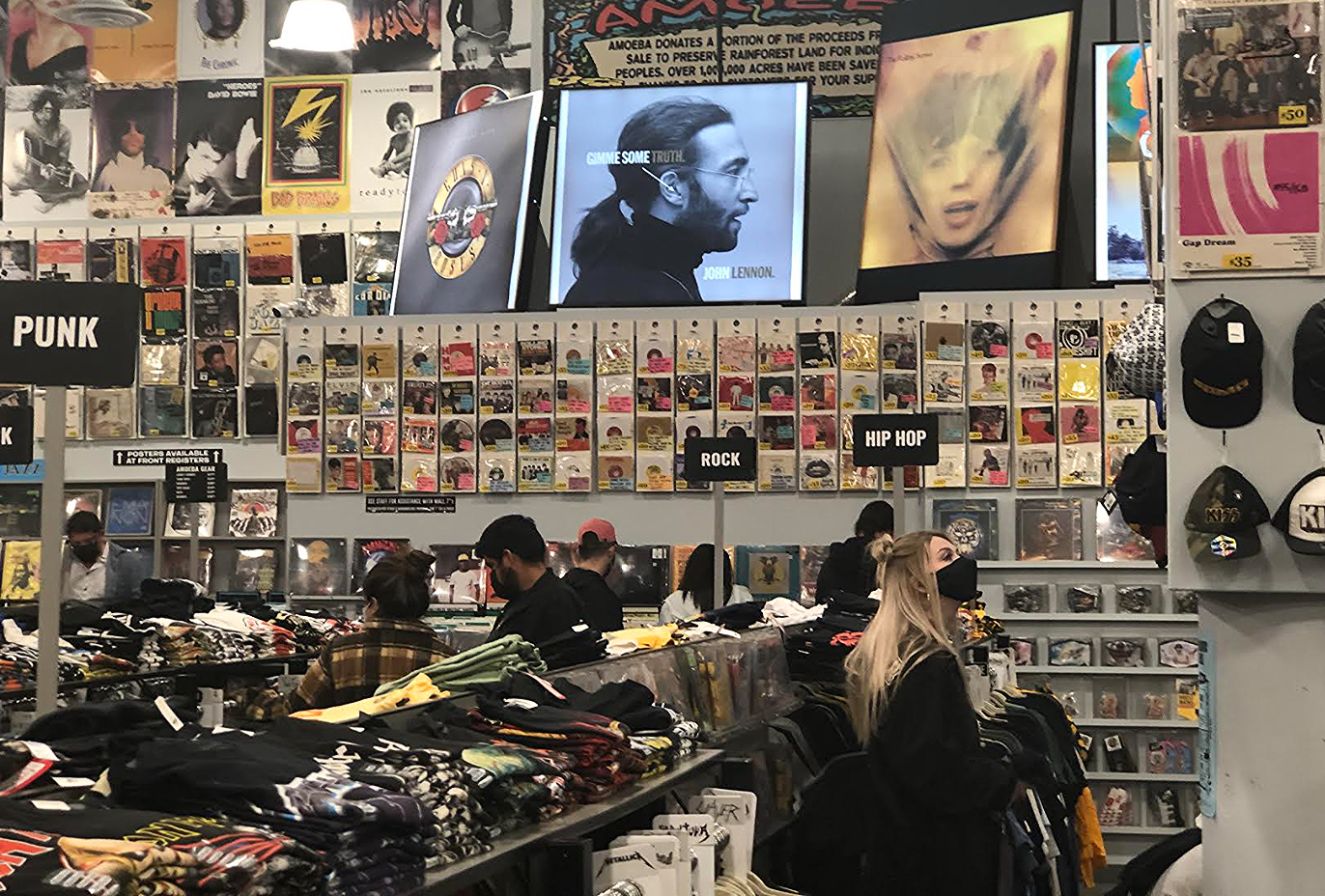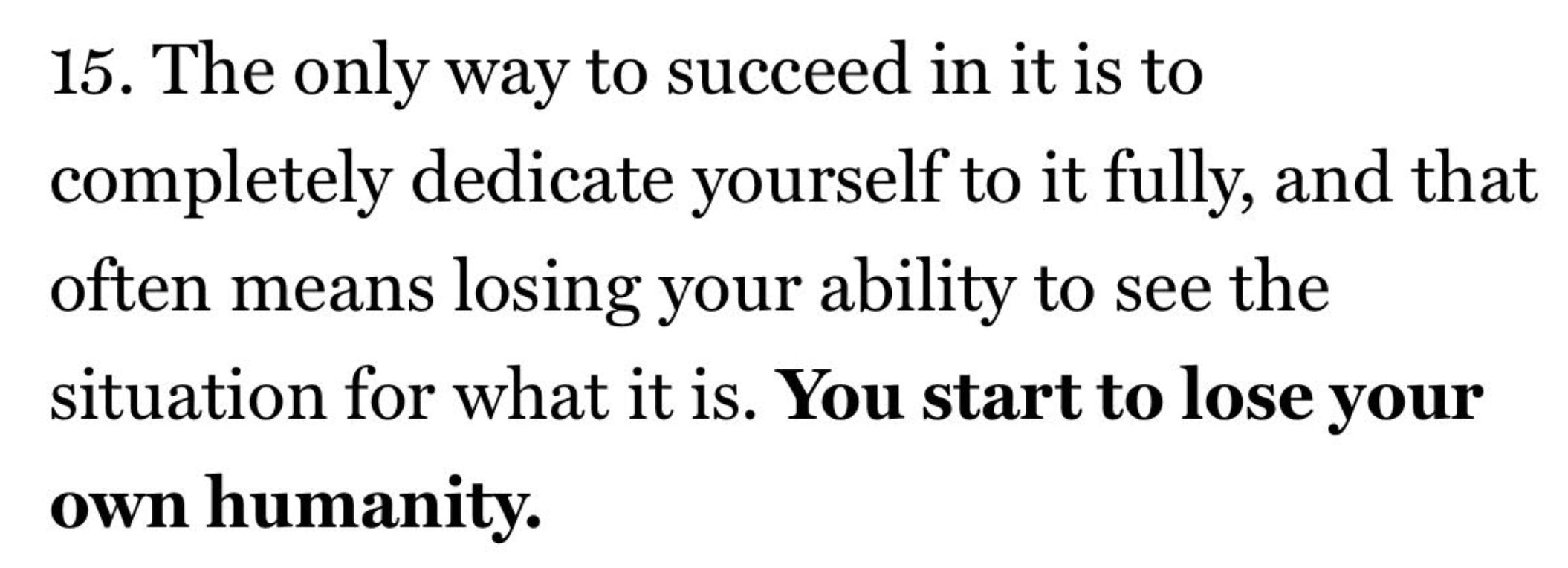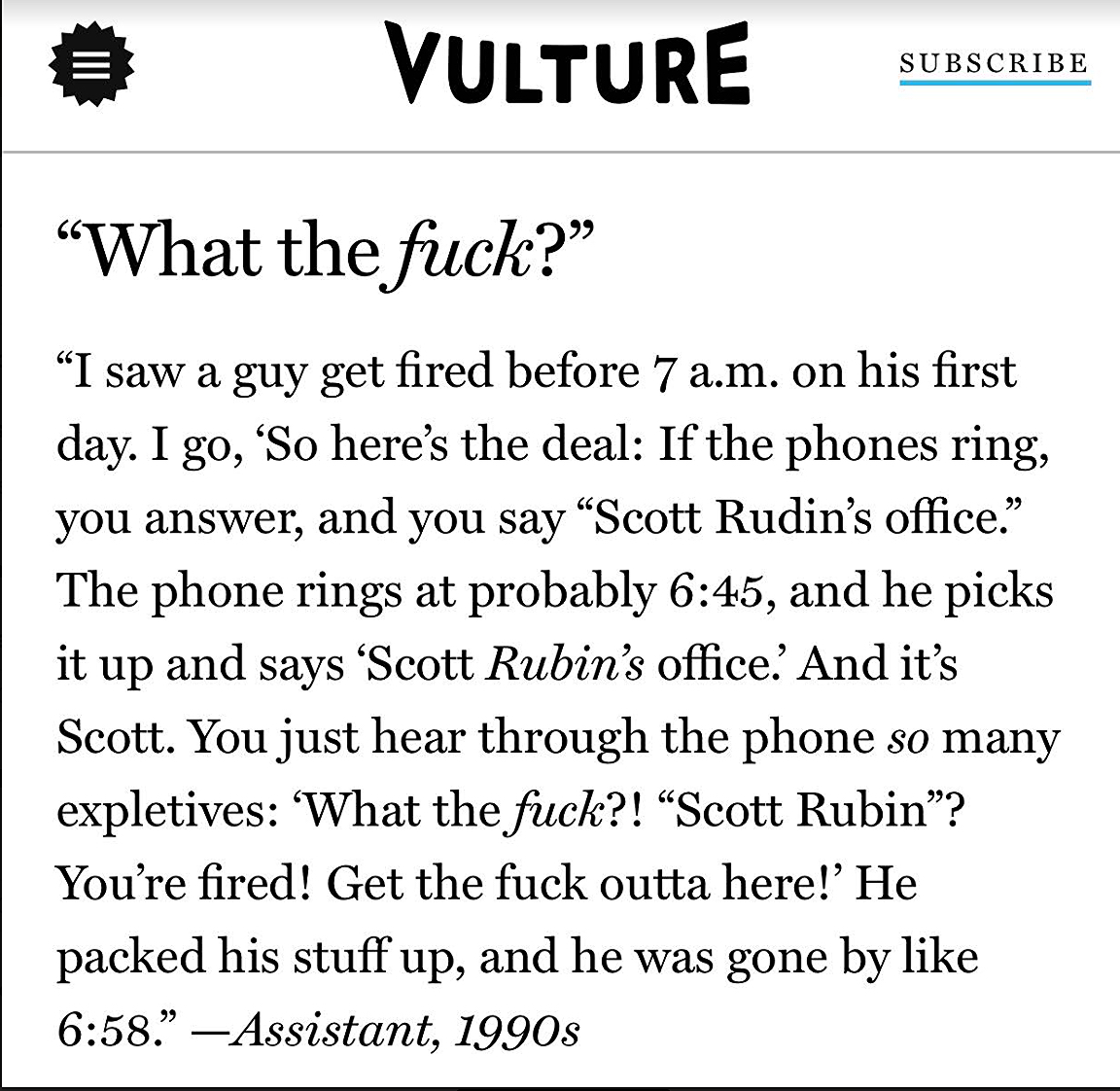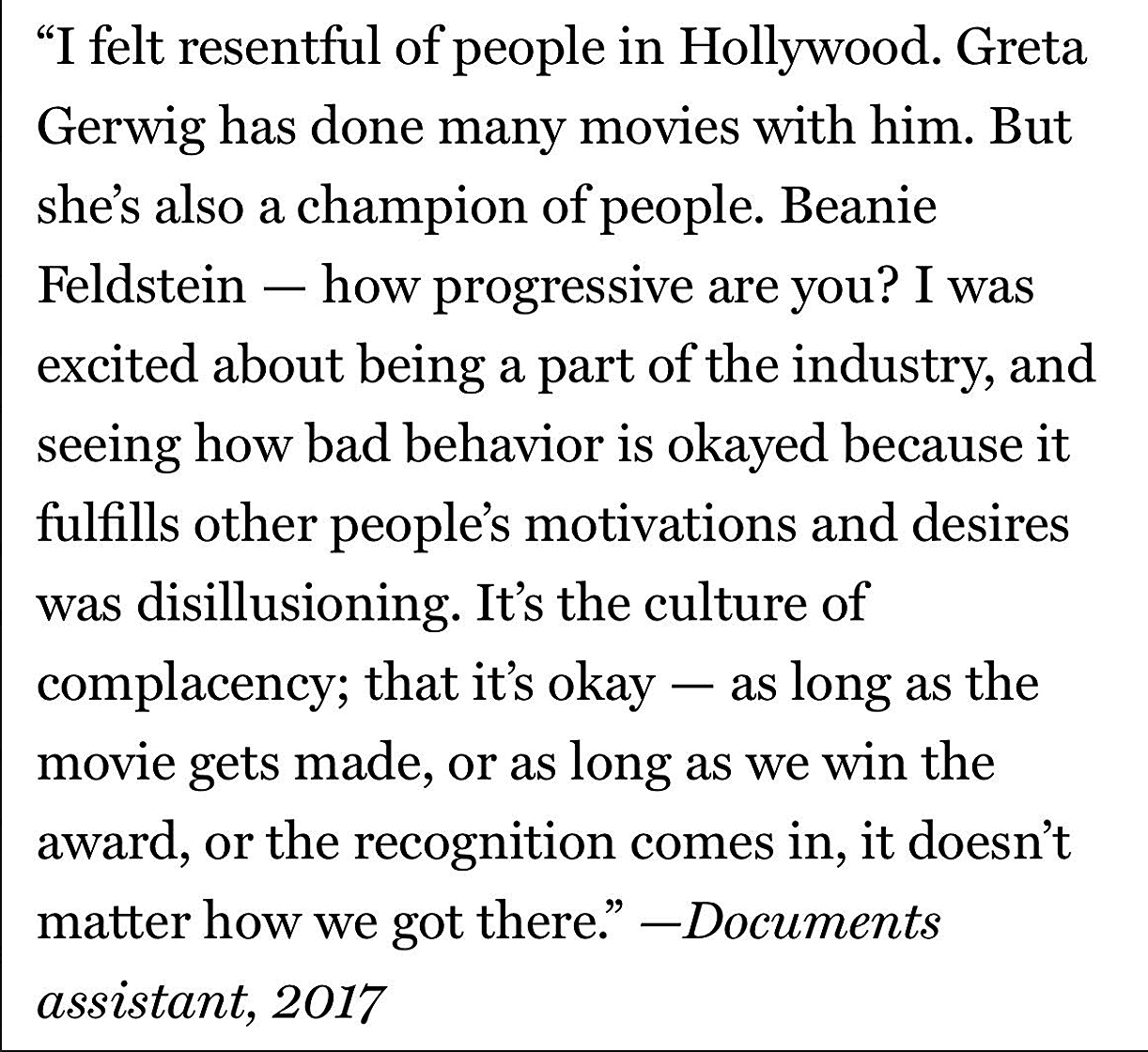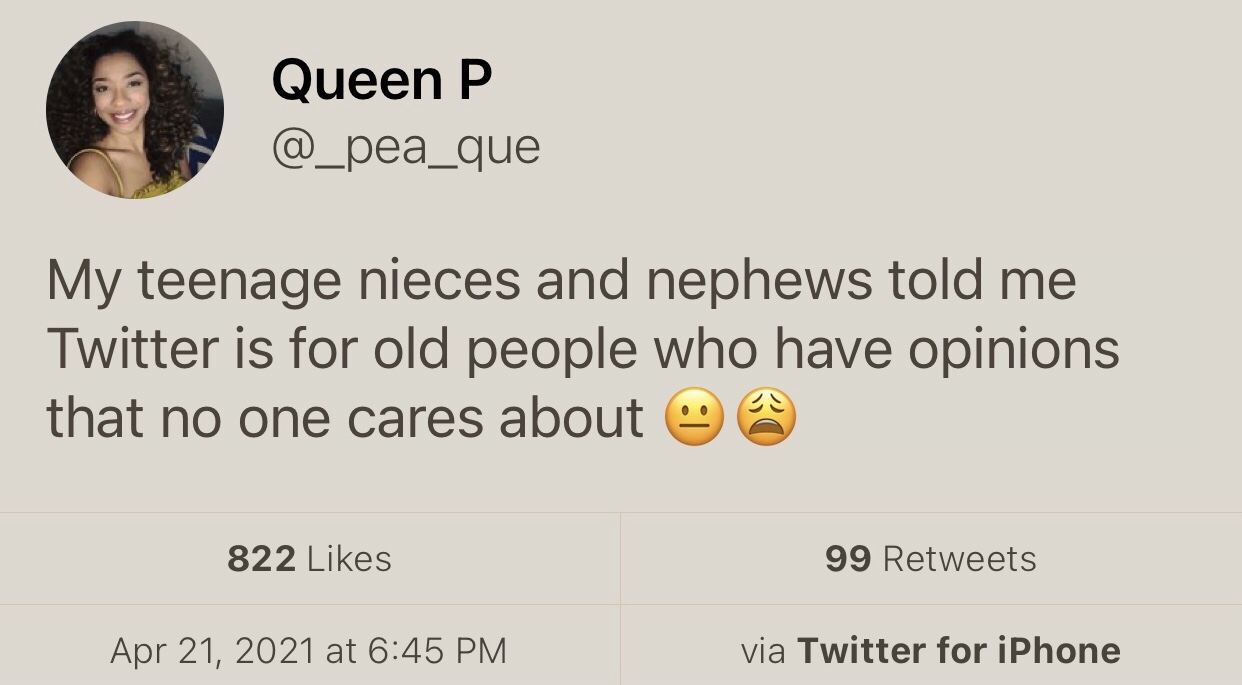For their failure to publicly trash producer Scott Rudin and wash their hands of him a la Michael Chabon, N.Y. Times reporters Michael Paulson and Cara Buckley have outed several name-brand creators and performers who’ve worked with the notorious producer.
They are Denzel Washington, Laurie Metcalf and Jennifer Lawrence; directors Wes Anderson, the Coen brothers, Noah Baumbach, Greta Gerwig and Alex Garland; writers Aaron Sorkin and Lucas Hnath; and producer Amy Pascal.
The implication (and please correct me if I’m reading this wrong) is that the Times disapproves of their silence. (The boldfaced subhead reads “In an era of outspokenness, many artists remain silent.”) Another interpretation is that these artists believe that despite their presumed disapproval of Rudin’s behavior with subordinates, they feel it’s bad form to stick the knife in or otherwise dismiss a creatively respected collaborator.
They’re all probably on the same page as billionaire Broadway financiers Barry Diller and David Geffen, both of whom spoke to the Times.
Diller: “I don’t condone, nor am I an apologist for, actions relating to his work in his personal office, [although] separate and special consideration” should be given “to his work outside of that office.”
Geffen: Rudin has “a psychological problem that he needs to deal with if he’s going to work in the future. If his behavior doesn’t change [then working with him in the future] would be an easy no, [although] I don’t think a death sentence is called for if he gets the help he needs and his behavior changes.”

